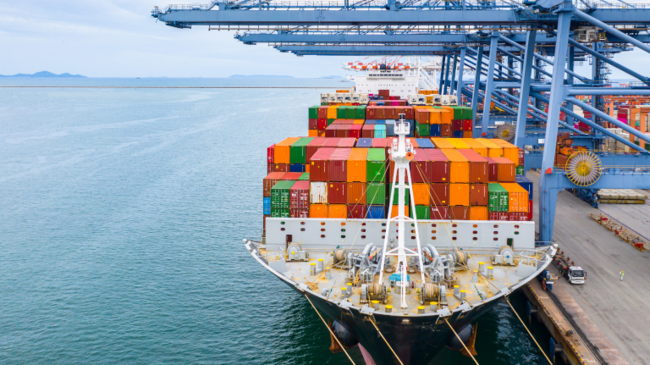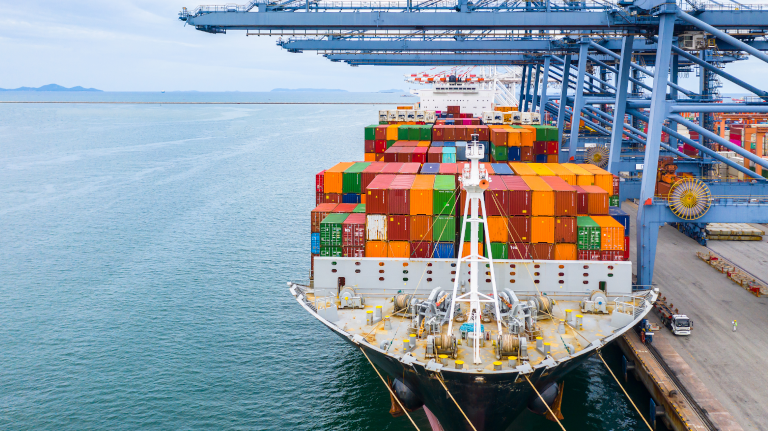On this page you will find everything you need to know about NIS 2.
What is the NIS 2 Directive?
The EU Directive NIS 2 ("The Network and Information Security Directive") is the evolution of the 2016 first Directive NIS, for the security of networks and information systems. While the main objective of NIS was to define common security measures, mainly for Operators of Essential Servies (OES) and Digital Service Provider (DSP) , the NIS 2 Directive enhances the cybersecurity requirements to a larger number of companies, divided into essential and important sectors.
The NIS 2 Directive has greater capabilities than the former NIS, introducing more stringent supervision and enforcement methods. It encourages cooperation between Member States to prevent, contain and react against major cybersecurity incidents. Besides that, includes strict risk management requirements with a list of focused measures for different aspects, such as policies and procedures to assess the effectiveness of cybersecurity risk management measures, basic computer hygiene practices and cybersecurity training, the effective use of cryptography, and human resource security, access control policies and asset management.




NIS 2: Essential & important facilities
NIS 2 defines 18 affected sectors in Annexes I and II of the EU Directive, which can be divided into important and particularly important or essential facilities as follows:
Essential facilities
- Companies with 250 or more employees or
- Companies with a turnover of over EUR 50 million and a balance sheet of over EUR 43 million
- Operators of critical infrastructures (KRITIS operators)
- Special cases, e.g. qualified trust services, DNS or telecommunications providers
Sectors affected:
■ Energy
■ Transportation
■ Banking (own compliance framework, DORA)
■ Financial market infrastructures
■ Healthcare
■ Drinking water
■ Wastewater
■ Digital infrastructure
■ Management of ICT services (B2B)
■ Public administration at National and Regional levels as defined by each Member State
■ Space
Important facilities
- Companies with 50 or more employees or
- Companies with a turnover of more than EUR 10 million and a balance sheet of more than EUR 10 million
- Special facilities, e.g. trust services
Sectors affected:
■ Postal & courier services
■ Waste management
■ Chemicals (production, manufacture and trade)
■ Food (production, processing and distribution)
■ Manufacturing industry/production of goods
■ Providers of digital services
■ Research
NIS 2 requirements that affected companies must implement
According to the NIS 2 Directive, affected companies must implement at least the following measures to increase their resilience to attacks and prevent security incidents as far as possible or minimize their impact.
Risk management
Monitoring of measures to minimize cyber risks
Effectiveness
Concepts and procedures for evaluating the effectiveness of risk management measures
Management Responsibility
Ensuring the implementation of legal requirements
Supply Chain
Reliability of the supply chain
Policies
Concepts related to risk analysis and security for information systems
Training courses
Cyber hygiene and training in the area of cyber security
Incident management
Prevention, detection and management of security incidents
Cryptography
Concepts and procedures for the use of cryptography and, where applicable, encryption
Purchasing
Security measures for the acquisition, development and maintenance of network and information systems
Personnel, access & asset management
Personnel security, access control concepts and asset management
Business continuity
Business continuity (such as backup management and disaster recovery) and crisis management
Authentication & communication
Use of multi-factor authentication or continuous authentication solutions, secure voice, video and text communication, and secure emergency communication systems where appropriate
With these services, we support you in meeting the NIS 2 requirements




Is your company affected by NIS-2?
Brussels is strengthening resilience against cyber attacks - with a complex and demanding regulatory agenda. The requirements are growing and so are the penalties for non-compliance. But is your company really affected? We explain.
- Initial consultation




From NIS-1 to NIS-2
As a company already affected by NIS-1, you are already well positioned in terms of IT security. From October 2024, however, the requirements of NIS-2 will apply, some of which are significantly stricter. What is on the plus side and what still needs to be done? We bring light into the darkness.
-
Delta audits
-
Pre-audits




Long-distance qualities required
Depending on the transposition of the NIS-2 Directive into national legislation, the deadlines for demonstrating compliance with the minimum requirements may vary from one EU country to another. But one thing applies to all of them: the implementation of measures takes time and a lot of personal commitment. We will put you on the right implementation path in these areas:
- §8a audits/§10 audits
- ISO 27001, also based on IT baseline protection ("IT-Grundschutz")
- Business continuity management (ISO 22301)
- EUCS/ISO 27001 for Cloud
- Incident management
- NESAS




Only half the battle
According to NIS-2, operators of a critical infrastructure are obliged to ensure the resilience of their supply chains. On the supplier side, this means developing and manufacturing IT systems, devices and components in such a way that they meet the high IT security requirements - especially when used in a critical infrastructure. We provide proof of the obligations required by NIS-2.
- Accelerated security certification (BSZ)
- Audits in accordance with IEC 62443-X
- SQ (EN303645 or harmonized standard)
- Common Criteria (EU CC)
- „CSC“ (EN303645 + Cloud)
- GSMA NESAS
Stricter sanctions
The NIS 2 Directive entails stricter penalties and sanctions. These are based on the EU General Data Protection Regulation (EU GDPR).
- For essential entities, the fines can amount to up to EUR 10 million or 2 percent of annual global turnover (depending on which amount is higher)
- For significant or important entities, the maximum fine is EUR 7 million or 1.4 percent of annual worldwide turnover (whichever is higher)
Management must monitor compliance with IT security measures. If obligations are breached, there is a risk of internal liability of the management towards the organization.
Government inspections are also planned to check compliance.




– Axel Lange, General Manager Marketing & Sales at TÜVIT
NIS 2: Status of implementation









